The climate impact of bottom trawling in the Baltic Sea
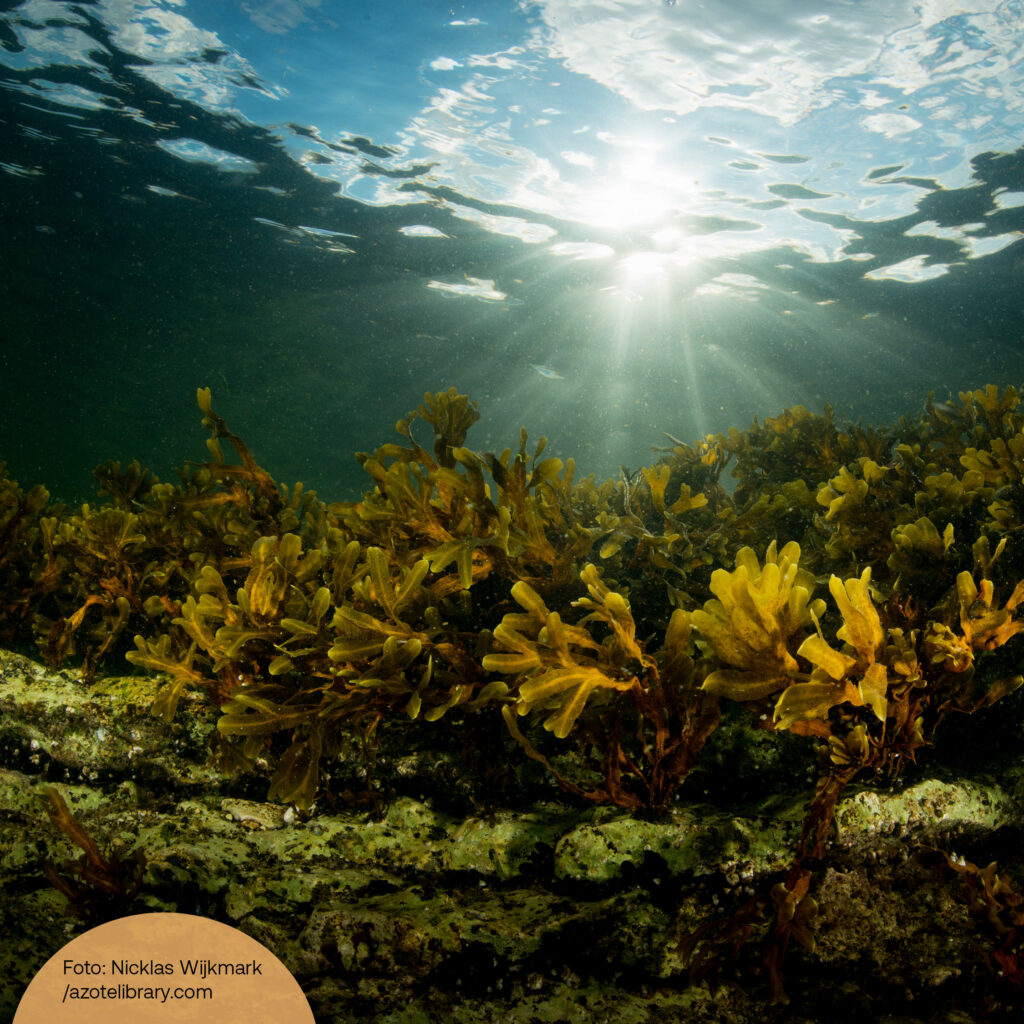
The capacity of forests to store carbon is well recognised. However, it’s less known that sedimentary seabeds in the Baltic Sea can serve as significant carbon sinks. At the same time, bottom trawling – a fishing method that has been compared to clear-cutting – can reduce carbon storage by stirring up and displacing sediment. In […]
The first cod release of the year
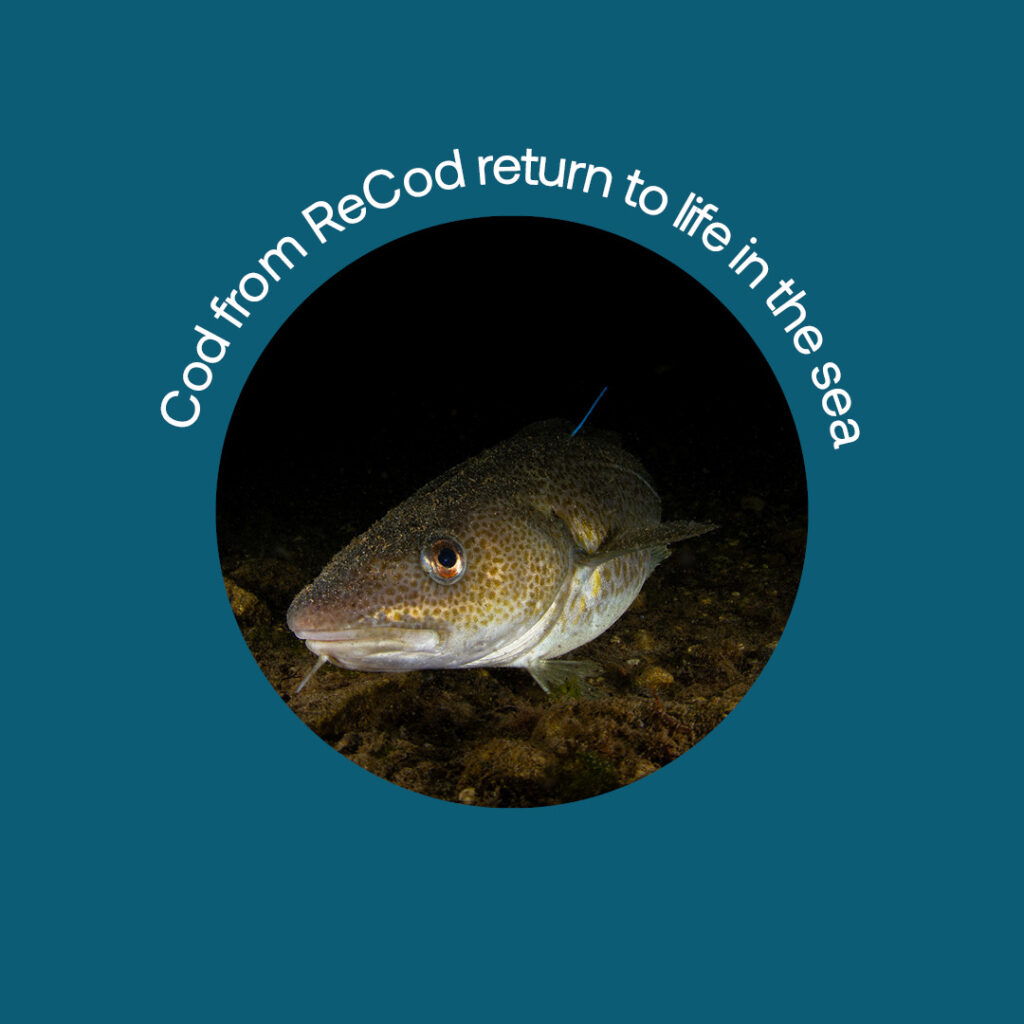
The fog is thick and the thermometer shows two degrees in the water. Despite a dry suit and warm undergarments, the cold is palpable as we descend below the surface. We are documenting when sixteen cod from the project ReCod – release of small cod in the Baltic Sea will leave the life of the […]
New knowledge about Baltic cod
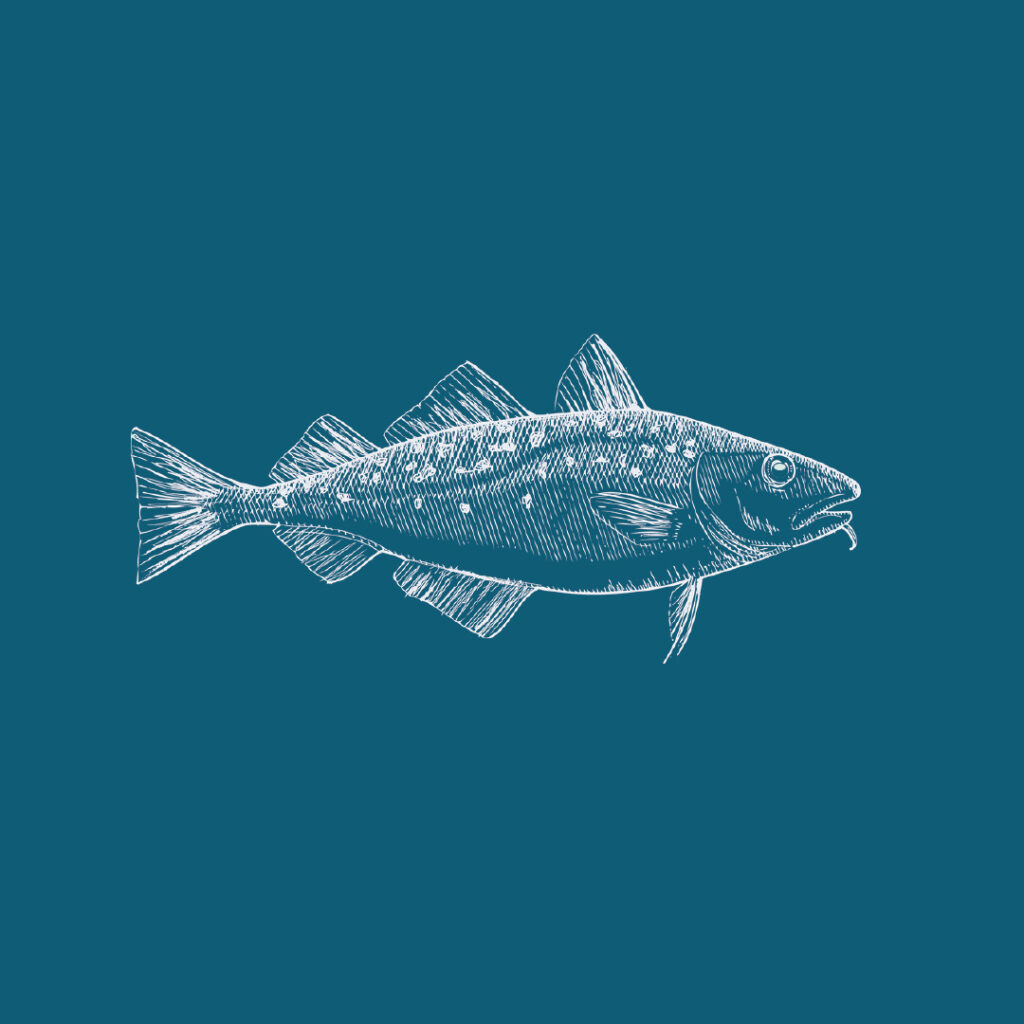
We have summarised ongoing and completed studies and research projects linked to ReCod – all with the aim of improving our understanding of cod.
Significant events in 2023, and what can we expect in 2024?
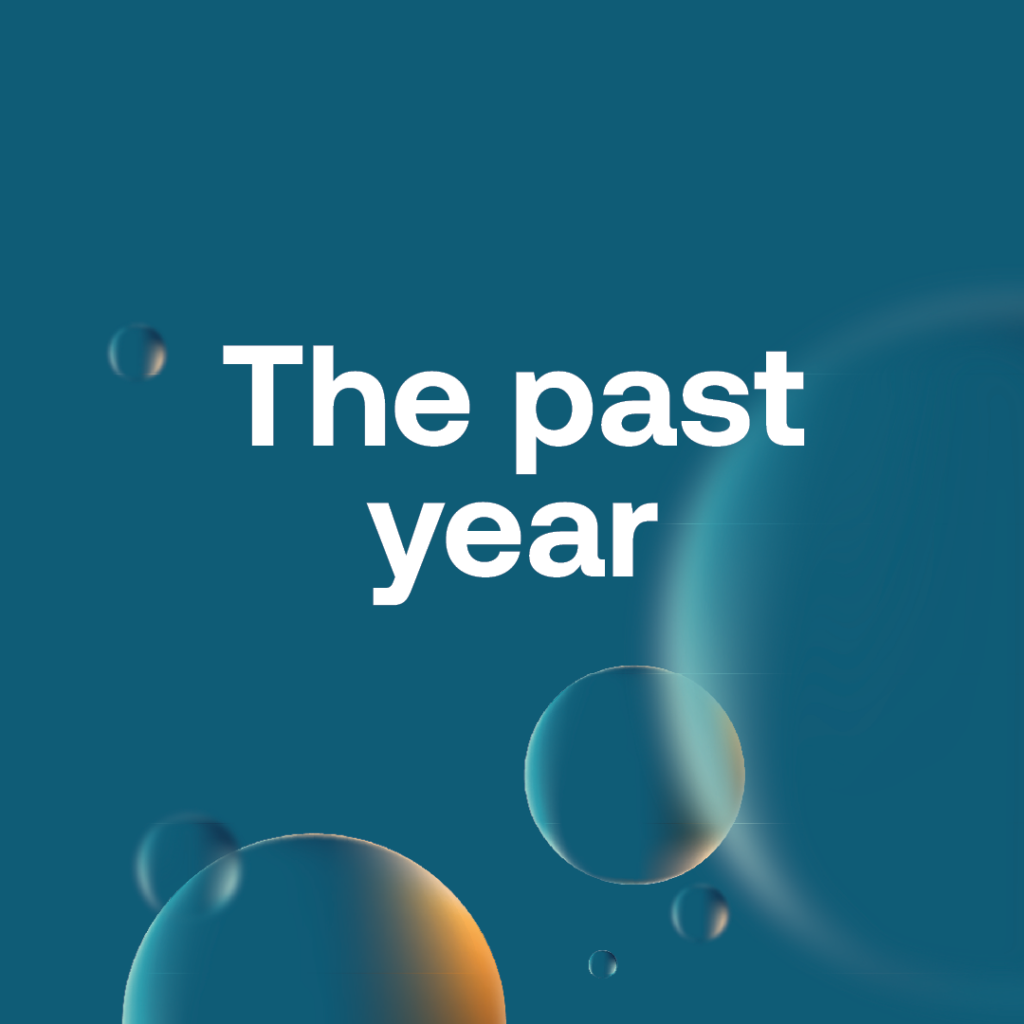
It’s challenging to put words to the past year. Perhaps the word ‘turbulent’ is appropriate? While the political unwillingness to take strong measures to protect the fish in the Baltic Sea continues, we are convinced that new knowledge will make it difficult for decision-makers to turn a blind eye. Therefore, our projects and knowledge-building programs […]
Policy document: How to preserve the Baltic Sea coasts as valuable carbon sinks
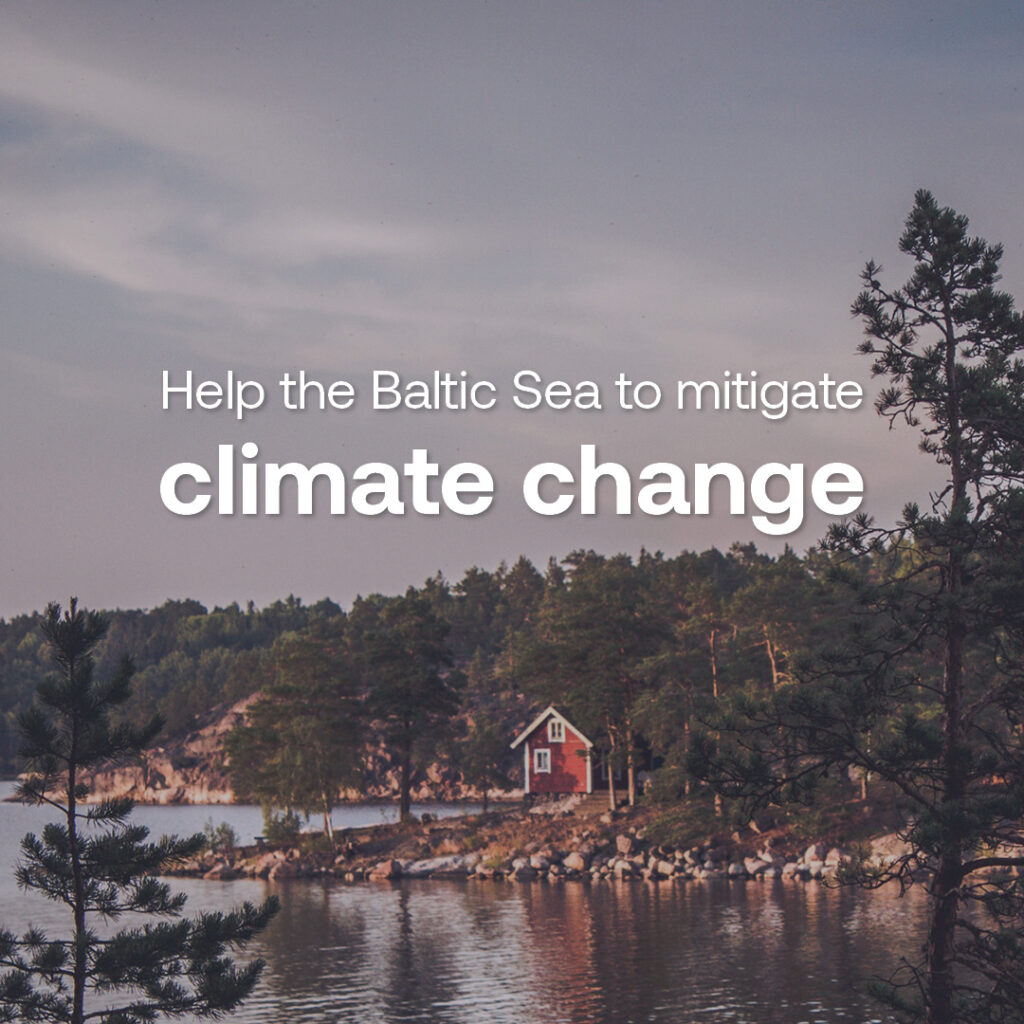
Our inland sea is a key player in climate action, sequestering large amounts of carbon dioxide in sediments and vegetation, especially along the coasts, which would otherwise be released into the atmosphere. However, coastal ecosystems are severely affected by disturbances such as eutrophication, overfishing and exploitation. Strengthening the ability of ecosystems to store carbon and […]
Six new research projects for a living Baltic Sea
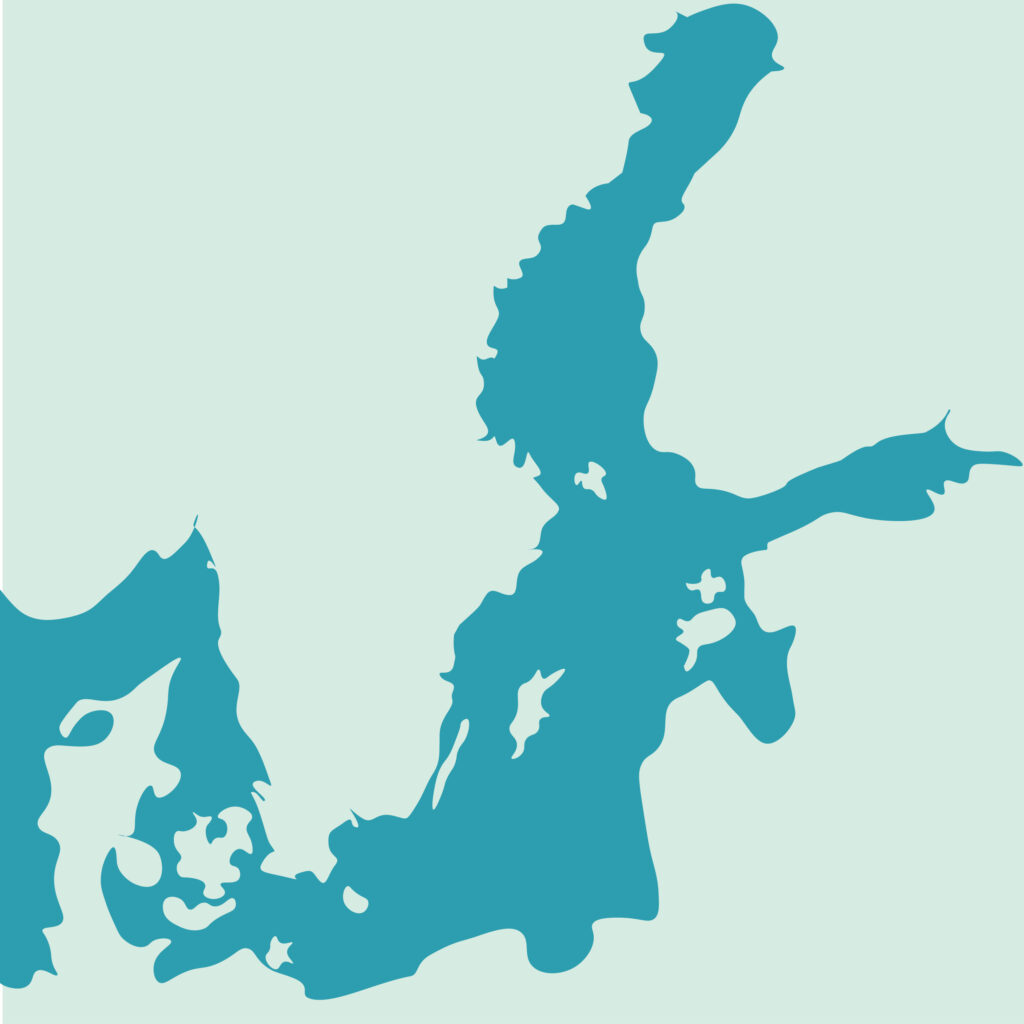
Each year, BalticWaters awards grants to a number of research projects that have the potential to contribute to a healthier Baltic Sea. Read about this year’s projects here.
Deepdive: How did the herring end up on the Christmas table?
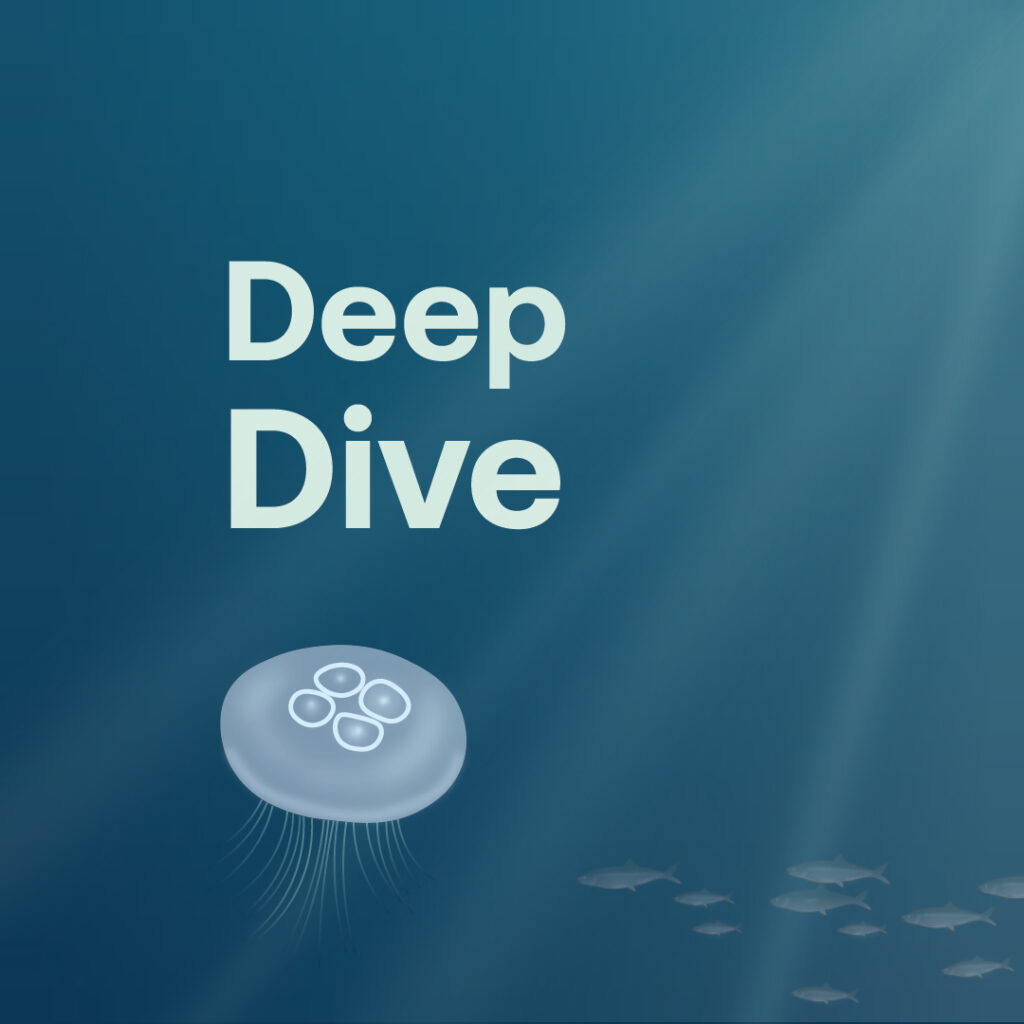
Food culture expert Richard Tellström explains how the herring ended up on our christmas food table.
Are the dead zones in the Baltic sea really dead?
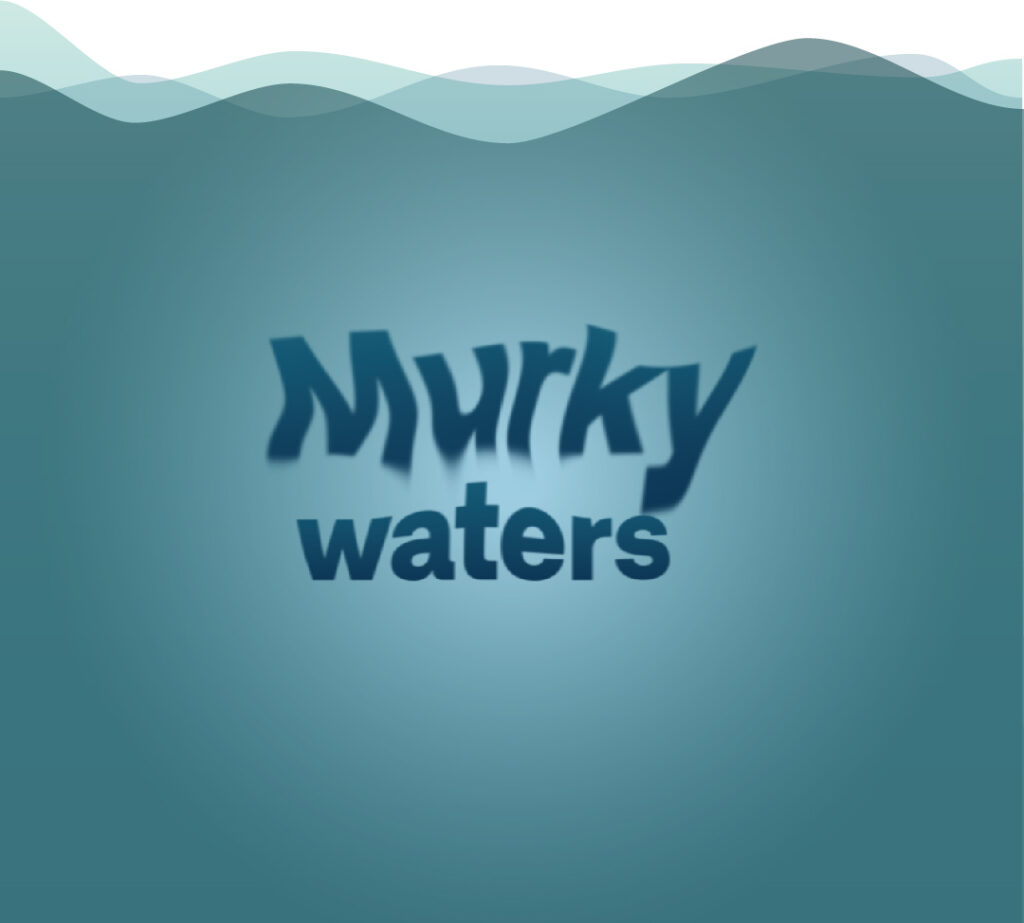
BalticWaters has looked at what hides in the dead zones of the Baltic Sea and found some positive news.
Deep dive: Herring policy across the border – Sweden vs Finland part 3

Swedish and Finnish policies differ in their approach to fisheries management in the Baltic Sea. BalticWaters takes a closer look at why.
Thesis on the importance of zooplankton when releasing cod larvae
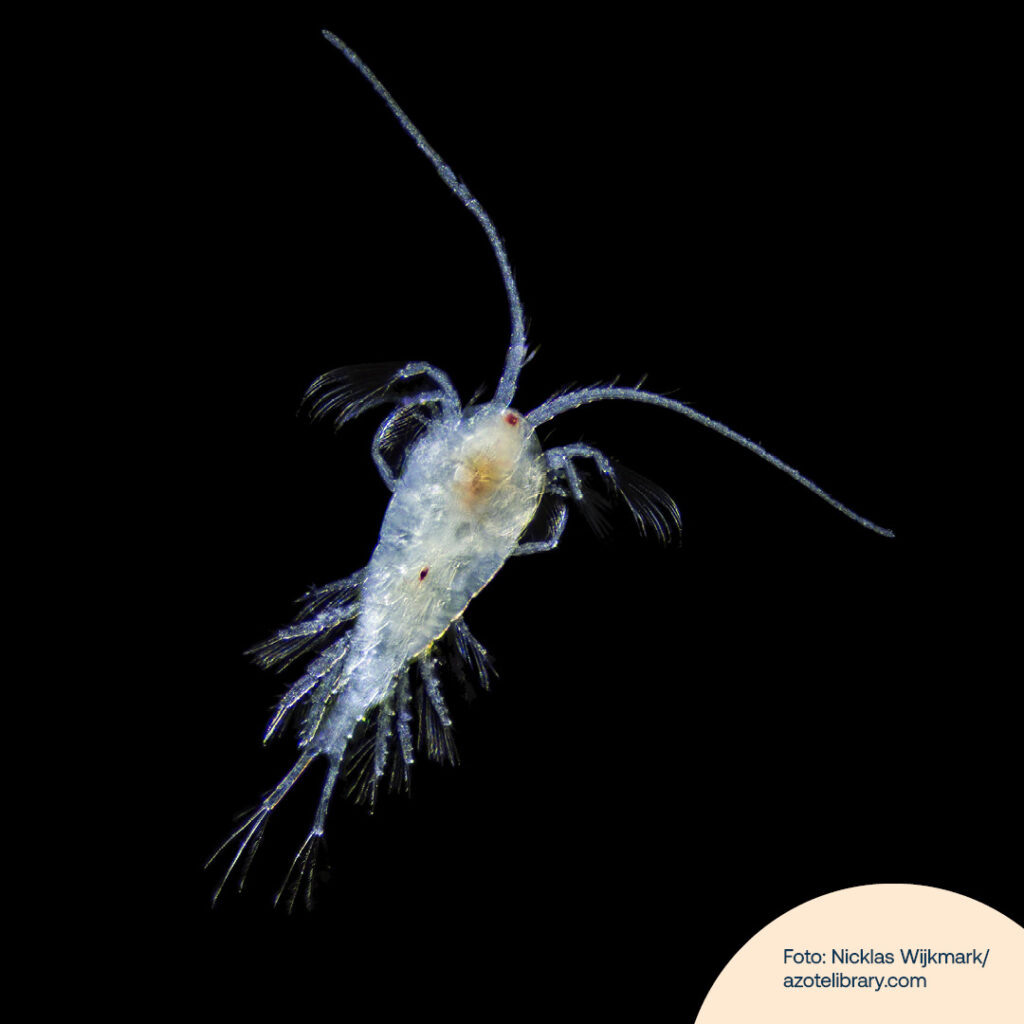
In what types of environments does zooplankton thrive? This is something Amanda Janssonas has taken a closer look at in their thesis conducted within the framework of the project ReCod.
